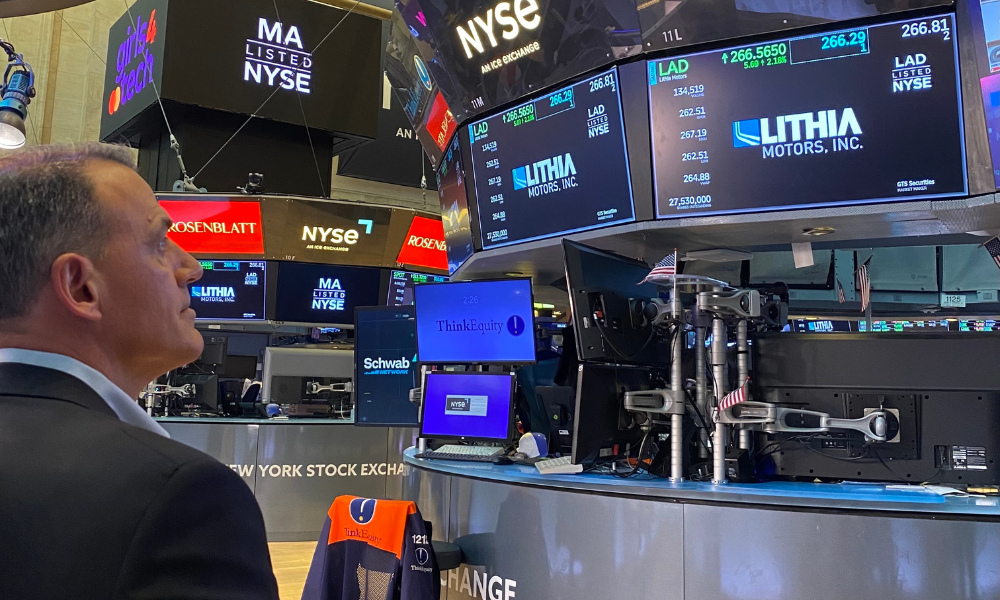

Distressed investing stands out as a unique and often misunderstood segment of the financial markets, characterized by its focus on companies experiencing significant financial difficulties. George Schultze, founder and managing member of Schultze Asset Management, LP, explains that these companies are typically navigating turbulent events such as bankruptcy filings, missed bond payments, or restructuring efforts.
"Distressed investing generally is one of the last remaining parts of the markets where you can find inefficient pricing,” Schultze says. “It also involves looking at companies, not just as their stocks go up and down, but examining their entire capital structure. It might be anywhere from the bank debt that they may have issued, to the bonds that they have outstanding or even preferred shares or common stock down below—and perhaps you can add position to benefit from arbitrage valuation pricing between those securities.”
And, for individual investors interested in distressed investing, financial advisors play a crucial role. Schultze suggests that while distressed investing is typically accessible to ultra-high-net-worth individuals through private banking or hedge funds, more financial advisors are beginning to offer advanced investment approaches to a broader audience.
The landscape of distressed investing has evolved significantly over the past few decades, driven by changes in the fixed-income market and broader economic conditions. Schultze, reflecting on his 26 years in the business, notes how the market shifted from periods of normal interest rates to near-zero rates, and back again to more normalized levels today.
"I started in an environment where you had bank lenders who would make loans and then hold the loans in their portfolios – but those institutions have become more and more disintermediated recently,” he adds.
The rise of collateralized loan obligations (CLOs) and collateralized debt obligations (CDOs) has led to a situation where the original lenders often have little interest in the outcomes of the loans post-issuance. This disintermediation has changed the types of buyers in the market, creating challenges such as declining recovery rates and increased inter-creditor conflicts, sometimes referred to as “inter-creditor violence.”
Schultze points out that these developments necessitate experience and a legal perspective when investing in distressed securities, given the potential for unexpected outcomes due to poor underwriting standards and legal disputes between creditors.
“Sometimes there's even inter-creditor fighting, and you're getting unexpected results that investors may not have anticipated with all this change."
And the current economic climate, marked by rising interest rates, has made distressed investing an increasingly attractive opportunity. Schultze says that the available opportunity in distressed investing is “skyrocketing,” driven by the normalization of interest rates and the increased cost of servicing debt for over-leveraged companies.

A new proposal could end the ban on promoting client reviews in states like California and Connecticut, giving state-registered advisors a level playing field with their SEC-registered peers.

Morningstar research data show improved retirement trajectories for self-directors and allocators placed in managed accounts.

Some in the industry say that more UBS financial advisors this year will be heading for the exits.

The Wall Street giant has blasted data middlemen as digital freeloaders, but tech firms and consumer advocates are pushing back.

Research reveals a 4% year-on-year increase in expenses that one in five Americans, including one-quarter of Gen Xers, say they have not planned for.
Orion's Tom Wilson on delivering coordinated, high-touch service in a world where returns alone no longer set you apart.
Barely a decade old, registered index-linked annuities have quickly surged in popularity, thanks to their unique blend of protection and growth potential—an appealing option for investors looking to chart a steadier course through today's choppy market waters, says Myles Lambert, Brighthouse Financial.
